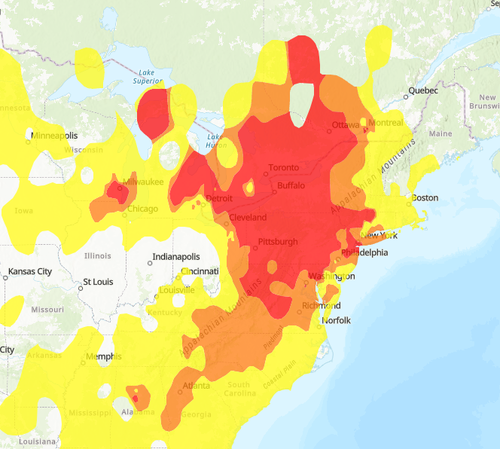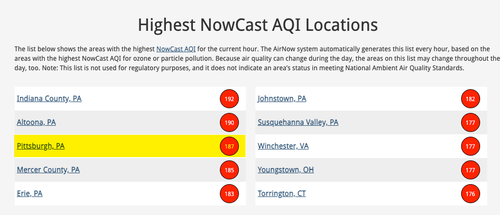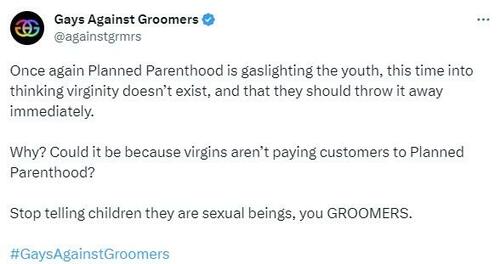To further boost its oncology business, Eli Lilly made its first move Thursday to acquire European startup Emergence Therapeutics, which is focused on developing novel antibody-drug conjugates for cancers with high unmet need.
The acquisition was first revealed in a short press announcement from Heidelberg Pharma, indicating that Lilly had purchased all of the German biotech’s shares in Emergence. Heidelberg Pharma is a founding investor in Emergence and will receive around $7 million this year from the transaction. The company may also see an additional $5 million payment depending on certain guarantees and clinical and regulatory milestones.
Lilly confirmed the news of the buyout to BioPharma Dive, but declined to provide further details regarding its ADC development pipeline.
Emergence’s most mature candidate is ETx-22, which targets Nectin-4, a surface protein commonly found on malignant cells but rarely expressed by healthy cells. According to Emergence’s website, the antigen has recently been clinically validated by the approval of Astellas and Seagen’s Padcev (enfortumab vedotin), another antibody-drug conjugate (ADC) that targets Nectin-4 for urothelial cancer.
Using a proprietary linker and payload technology, Emergence is developing ETx-22 to be a next-generation, Nectin-4-targeting ADC that can deconjugate from tumor cells. This technology is designed to reduce side effects such as skin toxicities, which is particularly dose-limiting for Padcev.
The tech also allows for higher doses of ETx-22, thereby increasing its efficacy without triggering more safety concerns, according to the company. To support the candidate’s development, Emergence secured around $94 million in Series A backing in December 2021.
Emergence is initially developing ETx-22 for bladder and triple-negative breast cancer, as well as malignancies with moderate and low Nectin-4 expression levels such as lung and ovarian cancer.
The startup is Lilly’s latest investment to deepen its cancer portfolio. In January 2019, Lilly bought Loxo Oncology for $8 billion, adding Loxo’s pipeline of oral inhibitors for various cancer types.
In February 2022, Lilly inked an ADC collaboration with ImmunoGen valued at up to $1.7 billion. Through the partnership, the pharma giant gains access to ImmunoGen’s camptothecin technology to develop anti-cancer treatments that target Type I topoisomerase.
Aside from the Emergence buyout, Lilly has also signed two other acquisition agreements this month alone. On Thursday, the pharma company announced a deal potentially worth $300 million to buy its diabetes partner Sigilon Therapeutics, with which it has been developing a Type 1 diabetes treatment.
Last week, Lilly acquired DICE Therapeutics for around $2.4 billion. The deal will give Lilly DICE’s proprietary platform to produce small molecules drugs that disrupt protein-protein interactions to address autoimmune and inflammatory diseases.




